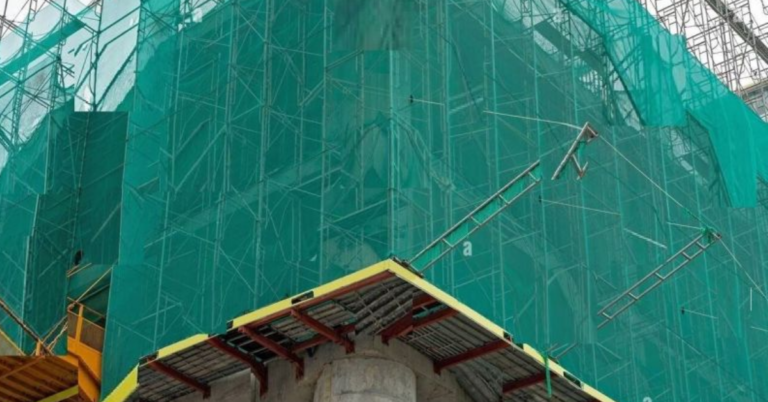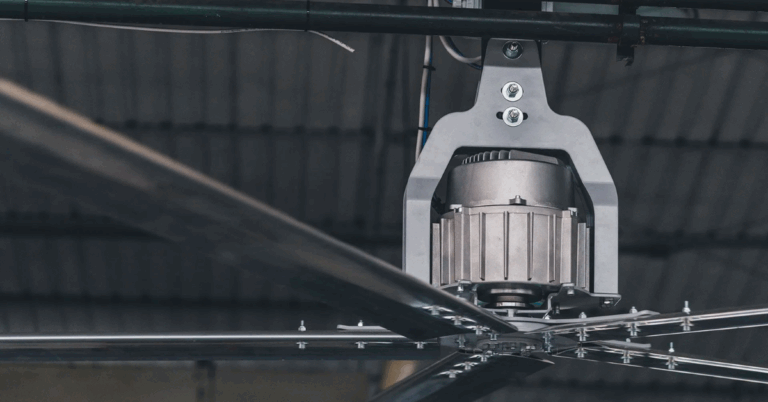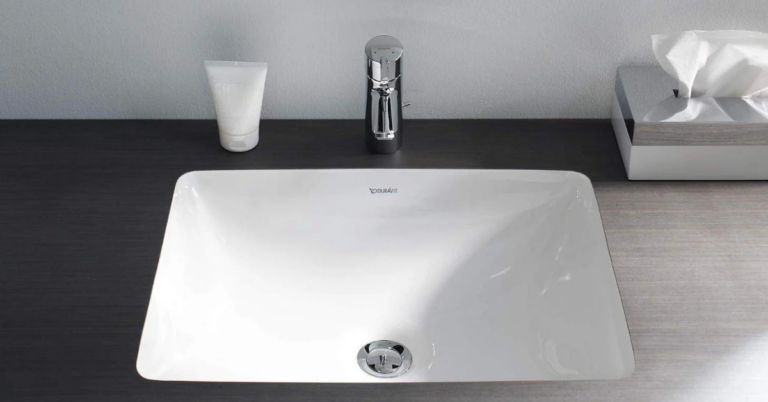Sustainable Practices in Building Services Engineering
allpannel com, play 99 exch, gold id 365:Sustainable practices in building services engineering are essential for creating environmentally friendly and energy-efficient buildings. By implementing sustainable practices, building owners can reduce their carbon footprint, lower operating costs, and improve the overall lifecycle of the building. In this article, we will explore the various sustainable practices in building services engineering and how they contribute to a more sustainable future.
1. Sustainable Building Design
Sustainable building design is a critical component of building services engineering. By incorporating passive design strategies such as natural ventilation, daylighting, and thermal mass, buildings can reduce their reliance on mechanical heating and cooling systems, thus decreasing energy consumption. Additionally, using sustainable materials such as recycled steel, reclaimed wood, and energy-efficient windows can further enhance the sustainability of a building.
2. Energy-Efficient HVAC Systems
Heating, ventilation, and air conditioning (HVAC) systems are significant energy consumers in buildings. By installing energy-efficient HVAC systems, building owners can reduce energy consumption and lower operating costs. Energy-efficient HVAC systems can include high-efficiency boilers, heat pumps, and variable refrigerant flow systems. Additionally, implementing zone controls and programmable thermostats can optimize energy usage and enhance occupant comfort.
3. Renewable Energy Sources
Integrating renewable energy sources such as solar panels, wind turbines, and geothermal systems into building services engineering can significantly reduce a buildings reliance on fossil fuels. Solar panels, in particular, are a popular choice for generating electricity and can be installed on rooftops or as solar carports. By harnessing renewable energy sources, building owners can lower their carbon emissions and contribute to a more sustainable energy future.
4. Water Conservation Strategies
Water conservation is another critical aspect of sustainable building services engineering. Implementing water-efficient fixtures such as low-flow toilets, faucets, and showerheads can significantly reduce water consumption in buildings. Additionally, incorporating rainwater harvesting systems and greywater recycling can further enhance water conservation efforts. By conserving water, building owners can reduce their environmental impact and save on water costs.
5. Green Building Certifications
Green building certifications such as LEED (Leadership in Energy and Environmental Design) and BREEAM (Building Research Establishment Environmental Assessment Method) provide frameworks for designing and constructing sustainable buildings. By pursuing green building certifications, building owners can demonstrate their commitment to sustainability and access incentives such as tax credits and grants. Green building certifications also help raise awareness about sustainable building practices and encourage industry-wide adoption.
6. Lifecycle Assessments
Conducting lifecycle assessments for building services engineering projects can help identify opportunities for improving sustainability. By considering the environmental impacts of a buildings materials, construction, operation, and disposal, engineers can make informed decisions that minimize resource use and waste generation. Lifecycle assessments can also help quantify the environmental benefits of sustainable practices and guide future design decisions.
FAQs
Q: What are the benefits of sustainable practices in building services engineering?
A: Sustainable practices in building services engineering can reduce energy consumption, lower operating costs, improve occupant comfort, and promote environmental stewardship. By implementing sustainable practices, building owners can contribute to a more sustainable future and create healthier, more resilient buildings.
Q: How can building owners finance sustainable building projects?
A: Building owners can finance sustainable building projects through various mechanisms such as energy efficiency grants, tax incentives, rebates, and green building certifications. Additionally, financing options such as energy performance contracts and green mortgages can help offset the upfront costs of sustainable building improvements.
Q: What role do building services engineers play in sustainable building design?
A: Building services engineers play a critical role in sustainable building design by designing energy-efficient HVAC systems, incorporating renewable energy sources, implementing water conservation strategies, and conducting lifecycle assessments. By working collaboratively with architects, contractors, and building owners, building services engineers can help create sustainable buildings that prioritize environmental responsibility and occupant well-being.
In conclusion, sustainable practices in building services engineering are essential for creating environmentally friendly and energy-efficient buildings. By incorporating sustainable building design, energy-efficient HVAC systems, renewable energy sources, water conservation strategies, green building certifications, and lifecycle assessments, building owners can reduce their environmental impact and improve the overall sustainability of their buildings. As the demand for sustainable buildings continues to grow, building services engineers play a crucial role in shaping the future of the built environment.







